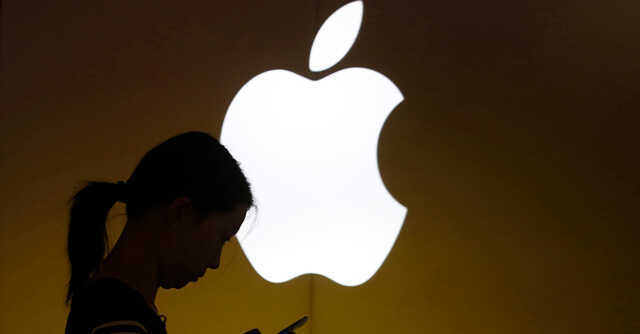
Apple’s iPhones in spotlight as EU proposes making USB-C mandatory for charging devices


A decision by the European Commission, the executive arm of the European Union (EU), may force manufacturers to rethink how smart devices are charged today. In an effort to reduce e-waste and “consumer inconvenience”, the Commission announced a proposal that will require electronic device makers to use USB Type-C ports for charging and make sure that different fast charging standards are interoperable.
“With today's proposal for a revised Radio Equipment Directive, the charging port and fast charging technology will be harmonised: USB-C will become the standard port for all smartphones, tablets, cameras, headphones, portable speakers and handheld video game consoles,” the Commission said in a press release. “In addition, the Commission proposes to unbundle the sale of chargers from the sale of electronic devices. This will improve consumers' convenience and reduce the environmental footprint associated with the production and disposal of chargers, thereby supporting the green and digital transitions,” it added.
According to the Commission, unbundling the sale of chargers from the sale of electronic devices will allow consumers to purchase new devices without new chargers, thereby reducing duplication. In addition, harmonisation across fast charging technologies and ports will mean that users will be able to use the same charger for multiple devices. Interoperability between fast charging standards will also “prevent that different producers unjustifiably limit the charging speed” and it will allow consumers to charge devices at the same speed irrespective of the charger.

At the moment, many smartphone companies make fast charging a specific aspect of their value proposition. For instance, Chinese BBK Electronics-owned Oppo, Realme and OnePlus, all promote their own fast charging standards. A OnePlus smartphone can only use the company’s “Dash Charge” technology as long as they use the company’s own charger, or one that fits the technical standards.
Speaking of technical standards, the Commission will also require companies to “provide relevant information” about charging performance, including information on the power required by the device and if it supports fast charging. The Commission says that all these measures put together will save consumers €250 million per year.
According to the EU, approximately 420 million mobile phones and other portable electronic devices were sold in the region in 2020. And consumers own around three mobile phone chargers on average, two of which are regularly used. “Despite this, 38% of consumers report having experienced problems at least once that they could not charge their mobile phone because available chargers were incompatible,” the press release said. Consumers spend approximately €2.4 billion annually on standalone chargers, according to the Commission.

Margrethe Vestager, Executive Vice-President for a Europe fit for the Digital Age, said: “European consumers were frustrated long enough about incompatible chargers piling up in their drawers. We gave industry plenty of time to come up with their own solutions, now time is ripe for legislative action for a common charger. This is an important win for our consumers and environment and in line with our green and digital ambitions.”
“Chargers power all our most essential electronic devices. With more and more devices, more and more chargers are sold that are not interchangeable or not necessary. We are putting an end to that,” Commissioner Thierry Breton, responsible for the Internal Market, said.
To be sure, smartphone and electronics companies have expected such regulations for a while. In January Bloomberg’s Mark Gurman, who has a great track record of reporting on Apple’s future technologies, wrote that the company is working on a “portless” product, which will charge wirelessly only. The tech giant had announced its new “MagSafe” products last year, which allow the iPhone to charge through magnetic wireless charging and also accommodate accessories that way.

